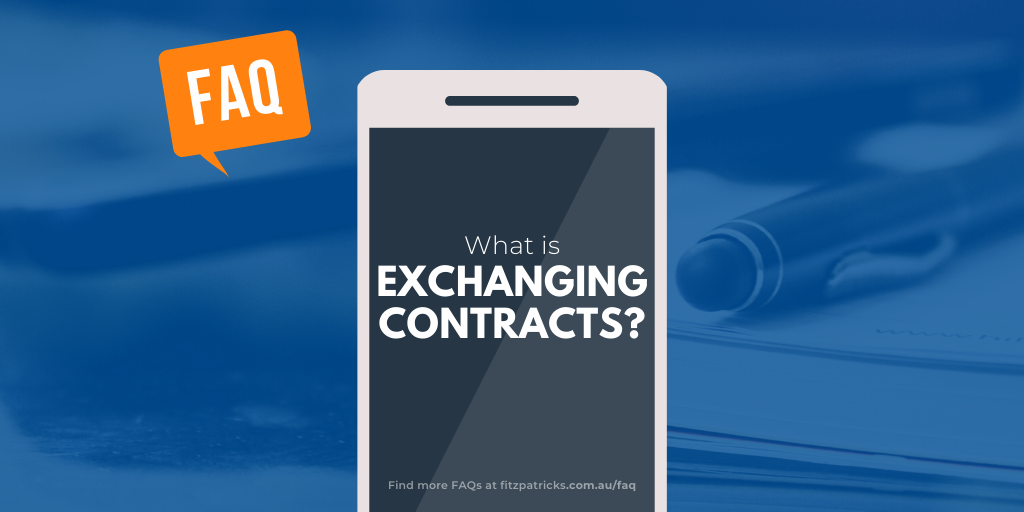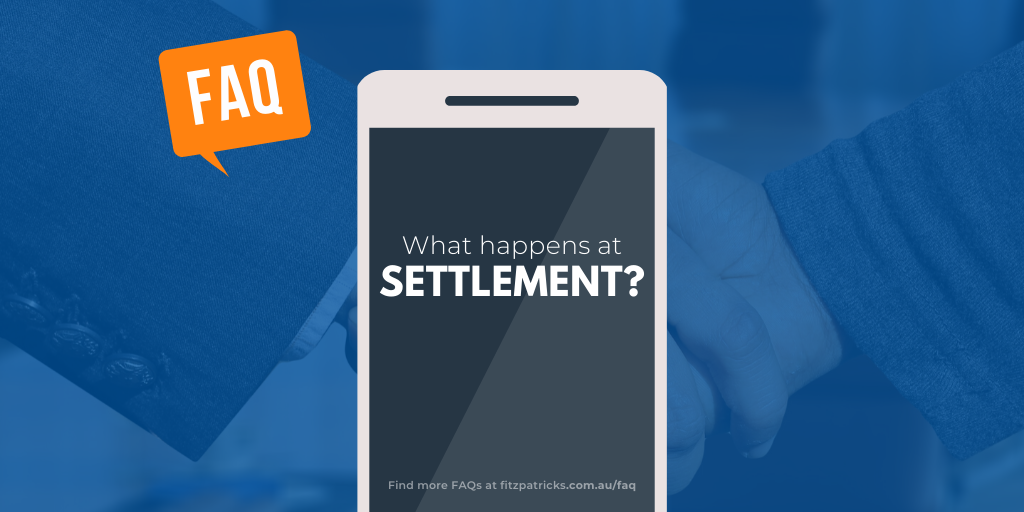A sale contract is required by law before your property can be put on the market. Your Solicitor or Conveyancer can draw up a contract for you. It will include information about the land and property for sale as well as the terms and conditions of the sale.
Continue readingbuying
This is the legal part of the sales process when a property is sold by private treaty or auction. There are two copies of the contract, one for vendor and the other for the purchaser. The purchaser and vendor can negotiate changes to the terms in the contract prior to signing which can be done through their solicitor. Each party signs a copy and then …
Continue readingThis is the conclusion of the sale process and usually takes place approximately 28 days after contracts have exchanged. This time frame can be negotiated between the purchaser and vendor via your solicitor upon the signing of the contract prior to exchanging contracts. Once the property reaches the settlement date, the balance of the purchase price must be paid and the purchaser becomes the legal …
Continue readingYou should arrange a final inspection of the property to make sure it is in the same state as it was when contracts were exchanged. A Solicitor (or representative) from both the purchaser and vendor and representatives from your bank and the vendor’s bank will meet to exchange cheques and documents.
Continue readingA 66w certificate is a legal document that waves the cooling off period after exchange of contracts, making the contract legally binding. This is a certificate that meets the requirements of section 66W of the Conveyancing Act 1919 and will need to be signed by your solicitor or conveyancer. A cooling off period allows a purchaser to withdraw their offer before 5pm on the fifth …
Continue reading




